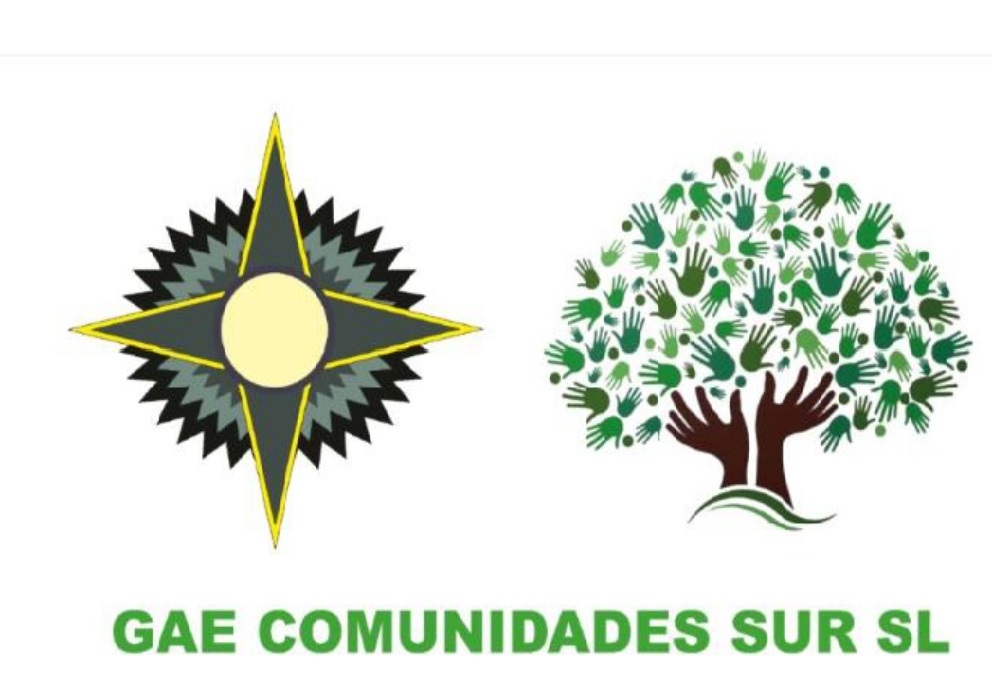Advocacy and commitment
Lead, promote and support adherence to global and industry standards that serve to foster the development of peaceful societies including, but not limited to, the UNGPs, the Ten Principles and the Voluntary Principles.
Work placement programmes
Collaborate with civil society organizations and local/national governments to develop career pathways and work placement opportunities for youth and other vulnerable populations to help alleviate civil or social unrest and/or reduce the risk of being drawn/forced into a violent conflict situation.
Influence
Provide incentives for local/national governments that prioritize peacebuilding activities through economic opportunities such as foreign direct investment, development of local industries and job creation if/when appropriate and with consideration for local dynamics. Special consideration should be paid to avoid reinforcement of existing power structures or structural inequalities as these are major conflict drivers that are often impacted by commercial or investment activities.
Capacity building
Support the development or strengthening of accountable, effective and inclusive institutions that foster a successful transition to a post-conflict society, including heightened attention to access to remedy and transitional justice.
Dialogue
Create space where people from different cultures and religions meet, discuss and cooperate to promote intercultural and interreligious understanding.
Collective action
Participate in Global Compact Local Networks or other business/industry associations or chamber activities that seek to empower businesses of all sizes to adopt conflict-sensitive practices and/or reduce violence, including collective action to build resilience to manmade disasters. Given the inherent sensitives, particularly in conflict-affected or high-risk situations, collective action is often the most practical way to support communities near conflict zones or otherwise exposed to violence.
